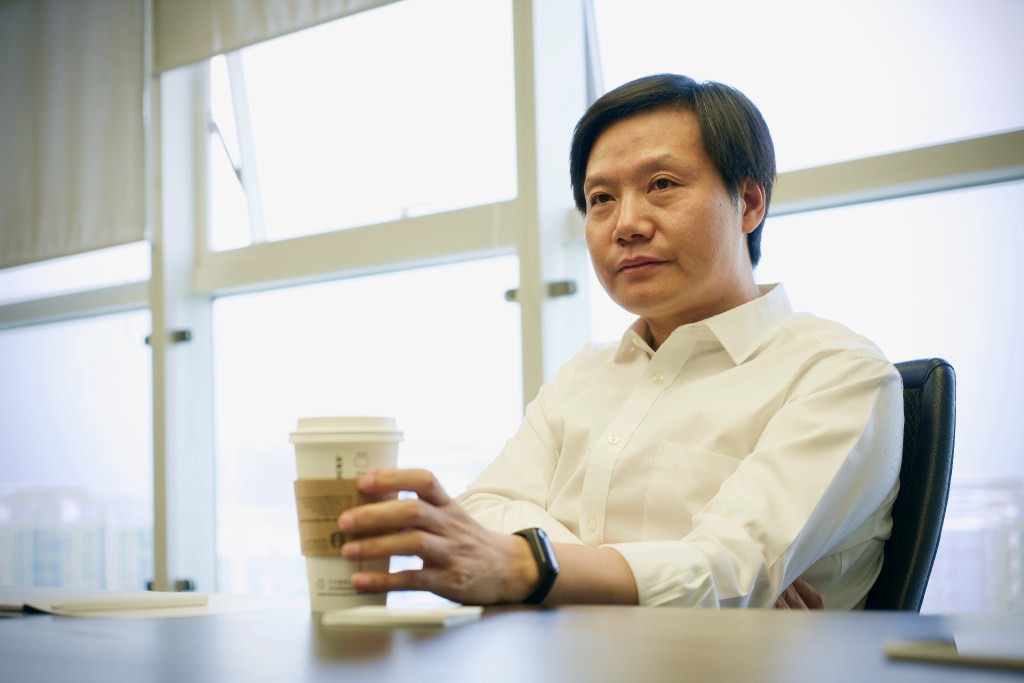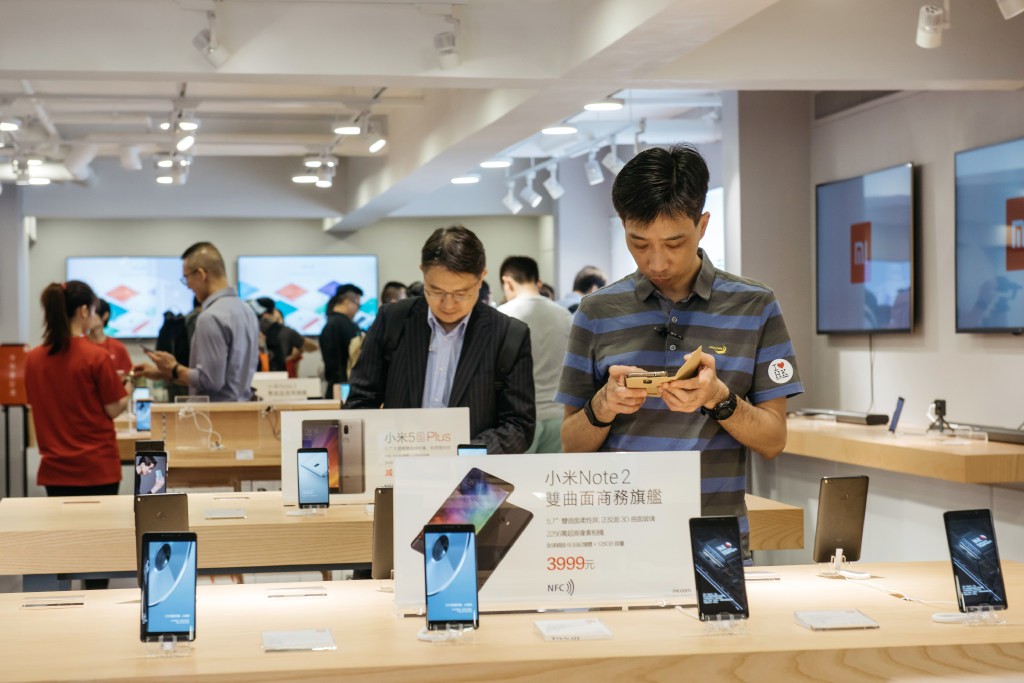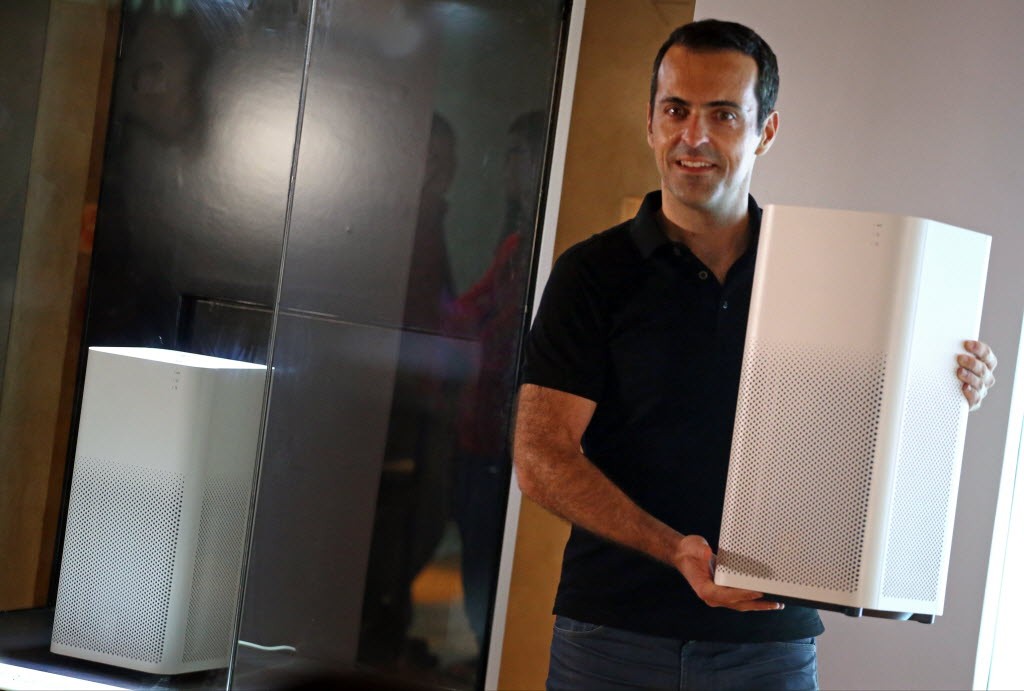
How Lei Jun plans to build Xiaomi into a global empire
“I have no interest to be Jobs II or Bezos II,” says Xiaomi CEO Lei Jun. The company has tried for years to shake off the image of a copycat, saying its business model sets it apart from its rivals. “I think Xiaomi’s business model is very different from theirs, even if it has absorbed some of their uniqueness. Ultimately, the Xiaomi business model is an innovation of our own.”
As far as reputation goes, there are worse things than being compared to Apple. At a phone launch event in Shanghai last month, CEO Lei Jun embraced the association -- putting photos taken with its new handset side-to-side with those shot on the iPhone X.

It’s an approach that garnered plenty of criticism, notably from Apple’s design chief Jonathan Ive. When asked about Xiaomi in 2014, his response was blunt: “I think it’s theft, and it’s lazy.”
Lei says that he’s different, and so is Xiaomi.
That business model is a a badge of pride for Lei who, at age 48, could soon become the wealthiest man in China when his company is expected to go public this summer. In just seven years, he grew Xiaomi from a startup to a multibillion-dollar company that sells in more than 70 countries around the world.
He credits his company’s success to one strategy: High quality devices at budget prices.
“I started Xiaomi after turning 40, and had figured out 90 percent of the business model before starting the project,” Lei said. “We created this business model that we call “tipping”, which is to sell our hardware at zero-or-low profit margin, but monetise our complementary services.”
The company says it makes a profit when people use its browser, stream video on Xiaomi phones, or use its online services like Mi Cloud. And it sells more than just smartphones.

That move away from being a pure handset maker helped keep the company going when its smartphone sales dropped sharply.
After hitting top spot as China’s biggest smartphone maker, Xiaomi then lost its place in 2016, as rivals undercut its prices and found new markets outside the country’s biggest cities. Xiaomi now ranks fourth in its home country, but it climbed back into the top five worldwide last year.
Lei credits Xiaomi’s business model for helping the company diversify. “I call it the triathlete of the New Economy, where Xiaomi makes hardware and devices, sells its products through e-commerce, and offers services on the internet.”
As part of what it calls an “ecosystem,” Xiaomi invests in more than a hundred startups that create a wide range of products from cushions to water purifiers. That way, Xiaomi can expand its lineup without having to design and build everything itself -- and the smaller companies benefit from utilizing Xiaomi’s vast sales network.
Almost all of these products are available for online purchase through Mi.com in China, and many are available in its physical stores.

Lei admits that’s not an easy task.
“Our product range is too long, and we’re inadequate in the globalisation of our products,” Lei said. “We need to strengthen the control of our quality and manage our brand.”
Despite the challenges, ambition is key to Xiaomi and Lei Jun, who’s looking well into the future.
He’s even thought about preserving Xiaomi’s unique business plan long after he’s stopped running the company: Lei wants to write it into the mission statement, to avoid “anyone messing with it after 50 years.”
For more insights into China tech, sign up for our tech newsletters, subscribe to our Inside China Tech podcast, and download the comprehensive 2019 China Internet Report. Also roam China Tech City, an award-winning interactive digital map at our sister site Abacus.

